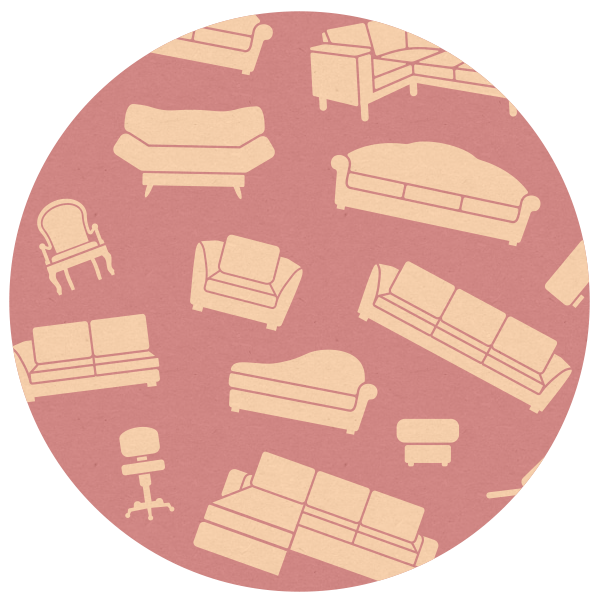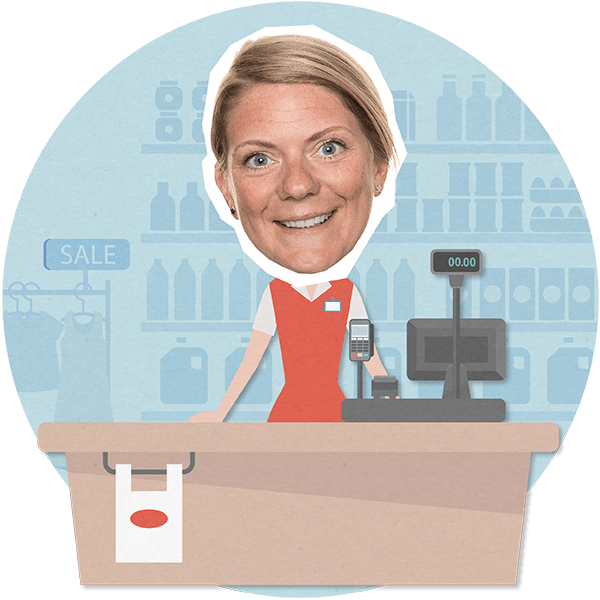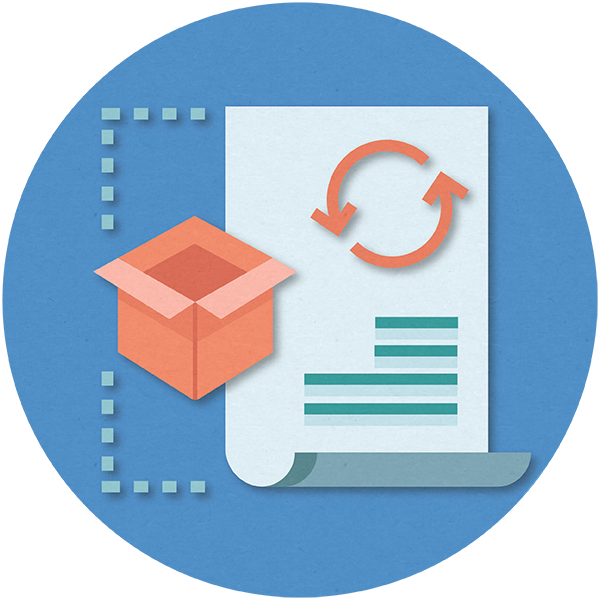5 Reasons Why Companies Need Tailored Furniture ERP Software

Discuss how you could tailor your furniture ERP with us

Tailored ERP for Furniture Companies
Business management solutions, such as ERP systems, are fantastic tools to help companies manage and adapt to their environments. Most companies will use the basics in similar ways to take care of the full business cycle.
However, all industries have their nuances, and the furniture industry is no exception. It is one of the more challenging industries to manage; there are many aspects to keep track of. Furniture companies need a properly set up, tailored furniture management system if they are going to strive for competitiveness.

1. Manage Customer Order Combinations
There are many variables to consider when buying furniture – fabrics, leg heights, filling types, etc. With all these available in all manner of combinations, organisation is key.
With a tailored furniture ERP system, orders can be recorded quickly and efficiently, making both the sales process and manufacturing instructions concise and clear.

2. Plan Resources Effectively
A large variety of materials go into furniture manufacturing, on various scales. Often, furniture may have components from multiple suppliers in multiple locations. As furniture is often custom-made, it can be challenging to keep track of resources.
However, if orders and communications are managed through a single, integrated ERP system, a considerable amount of stress and potential errors can be avoided.
Our experts are on hand to discuss your Furniture ERP requirements

3. Improve Customer Satisfaction
Processing data faster and storing data more effectively are some of the key reasons why furniture ERP systems can help improve customer satisfaction.
Companies require a furniture management solution that can not only hold their various streams of data in a single solution, but also store and join the dots between the variety of product options, manufacturing complexities, and operational information that are inherent in the industry.
When a company has a system that holds and processes this information smoothly, it results in quicker and more detailed customer updates, meaning that customers are more likely to be content with the services they’ve been offered.

4. Reduce Costs
Automating business processes lead to increased accuracy and decreased waste. Driving these can help companies become more competitive.
Once furniture companies have decided if a) they just want to get more through the factory, or b) they want to get more through cheaply (of course one doesn’t necessarily equal the other!) they can work to optimise production capacity and time.
This optimisation can then be seen in the accounts, meaning that companies can price competitively in the aggressive furniture market.

5. Stay Ahead of the Competition
Visibility is the crucial factor in staying ahead in the furniture industry and a tailored ERP will give you that.
Being able to see all furniture processes from end-to-end makes reporting and analytics simpler, in turn helping a business to see where trends are headed and to make decisions in good time accordingly.

To Sum It Up
It’s clear that companies in the furniture industry really do need tailored ERP systems to meet their business needs; the complexity of the industry and customer expectations mean that a generic ERP system will not have the required functionality.
What’s more, when properly implemented, a furniture management system can help identify problems that may have ‘slipped’ the human net. Flagging these issues for further investigation can fix the unwanted problems and save both time and money, making a significant contribution to the success of the growing business.

Get in Touch!
TNP are experts in furniture ERP. We have been helping UK furniture companies with their furniture management systems for over 25 years, working with well-known names such as ScS, Loaf and Barker & Stonehouse.
Contact us if you'd like to discuss your own furniture ERP potential - something perfectly tailored to your business' uniquenesses.
Contact us.png)